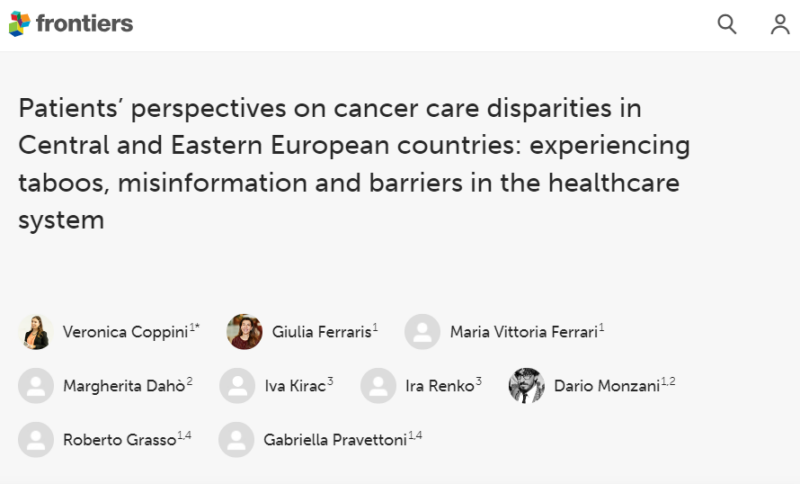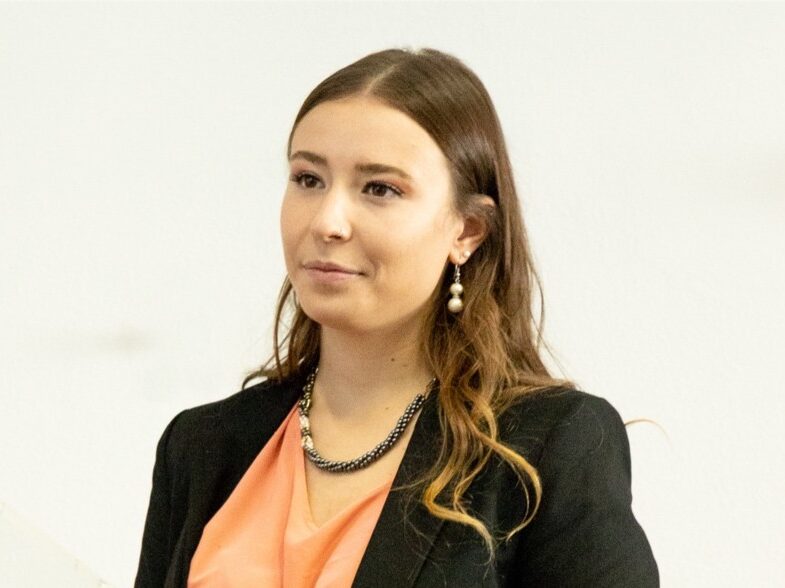Veronica Coppini, Researcher at the European Institute of Oncology, shared on LinkedIn:
“I’m thrilled to share our latest publication in Frontiers in Oncology !
Our study, ‘Patients’ perspectives on cancer care disparities in Central and Eastern European countries: experiencing taboos, misinformation, and barriers in the healthcare system,” sheds light on the significant challenges faced by cancer patients in Slovakia and Croatia.
Despite advances in oncology, these regions continue to experience major disparities in access to comprehensive cancer care, underscoring the urgent need for dedicated interventions and policies.
This research is part of the BEACON Cancer Care Project, which is focused on addressing cancer disparities across Europe. Through in-depth focus group discussions, we identified critical issues such as the lack of information, the need for structured psychosocial support, socio-economic impacts, and persistent taboos that contribute to these healthcare inequities.
Our findings aim to inform better resource allocation strategies and guide the development of targeted guidelines to reduce these disparities.
I am grateful to my co-authors Giulia Ferraris, Maria Vittoria Ferrari, Margherita Daho’, Iva Kirac, Ira Renko, Dario Monzani, Roberto Grasso and Prof. Gabriella Pravettoni (PI of the BEACON project) for their incredible collaboration on this important work.

Let’s continue working together to improve cancer care and make it more equitable for everyone, especially in underserved regions.”
Source: Veronica Coppini/LinkedIn


